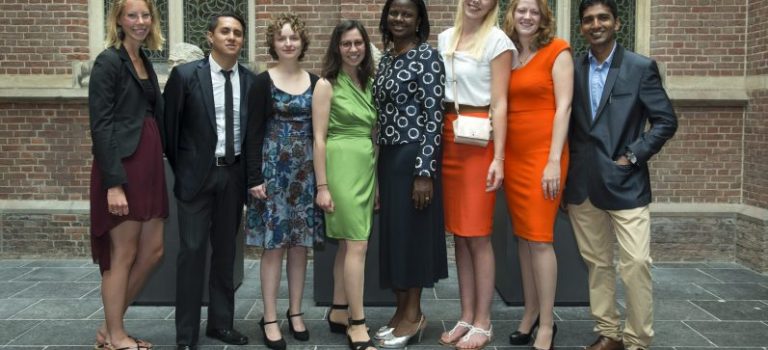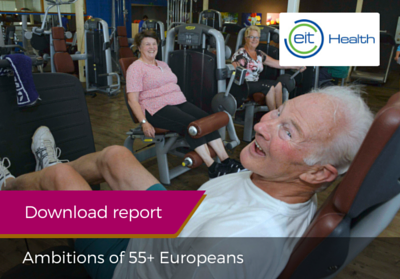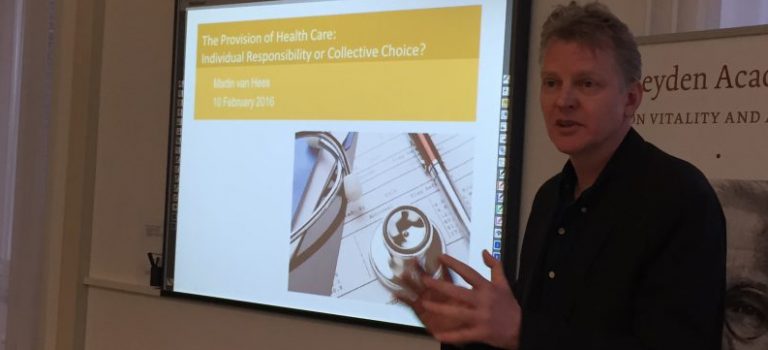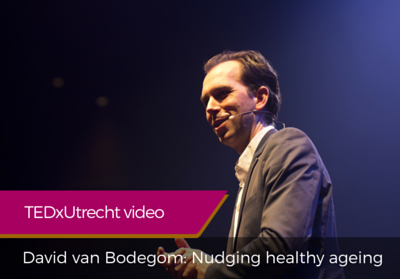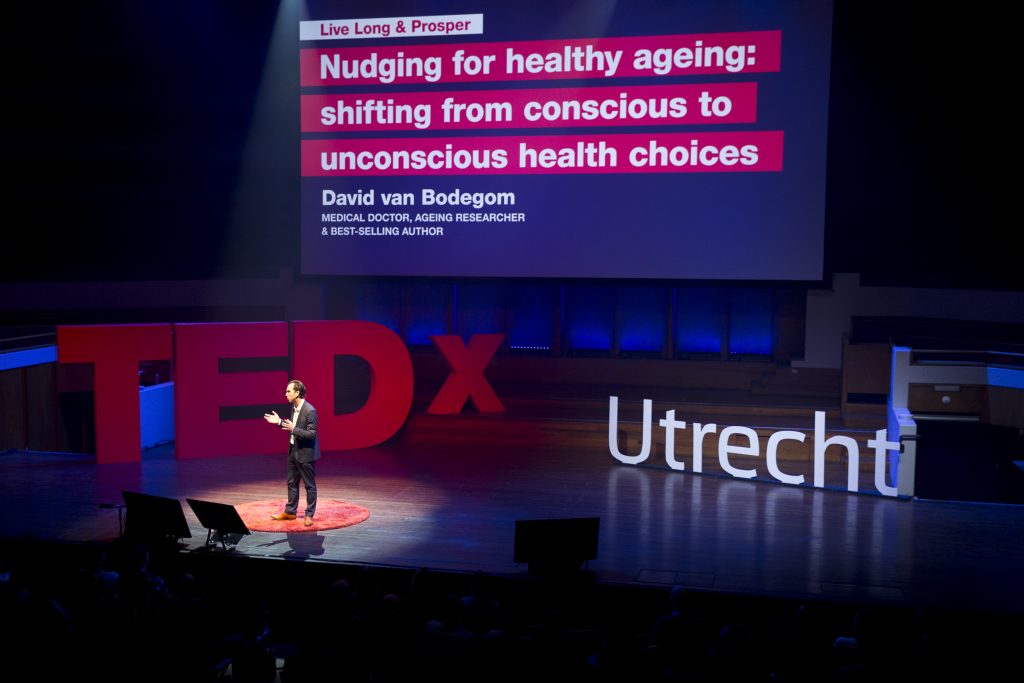During his public lecture on the 10th of February at Leyden Academy, prof. Martin van Hees delved into thought-provoking questions around healthcare and more specifically, who is responsible for health?
The first question to answer in this debate that he raised during this lecture was: what is healthcare for? And following, what is justice in the allocation of healthcare? Relying on his extensive background in social justice, he proposed that four perspectives are usually referred to – although at times unconsciously – utilitarian, egalitarian, libertarian and capabilities. For instance, for utilitarians justice in healthcare allocation would be an allocation that maximizes utility, and utility may then be differently operationalized (such as maximum number of healthy life years, maximum number of individuals healthy and so on). For egalitarians, on the other hand, equality is the guiding principle and for instance an equal distribution of health, or equal healthcare access would be considered more important.
During this lecture, he discussed that in the case of healthcare one cannot speak about responsibility in a straightforward way. Responsibility consists of prospective and retrospective assessment of responsibility. In the assessment of responsibility of healthcare these two are often mingled. By way of example he posed the audience with a risk scenario in which a motorcyclist – being fully aware and knowing the higher risk for such an accident – got into an accident. Who is now responsible for the costs of care? The opinions in the audience were mixed. Knowing the risk, some contended that he should pay himself, whereas others contended that a risk is never ultimately the responsibility of the individual. Here on the one hand prospective responsibility comes in by way of things that one should be doing, or should not be doing in case it may happen. Following prospective responsibility, there is a moral duty to take care of your health. At the same time, arguments from a retrospective risk assessment are alluded to, because in how far can we hold individuals responsible for the bad things that happen to them?
Nevertheless, this is complicated since, as prof. Van Hees identified, there are certain issues that obscures this line of reasoning. More particularly, these kinds of responsibility assignments are set in an interactive environment and have an interactive nature. This is particularly important in the context of healthcare. Rather than accountability he proposed that a shift towards retrospective responsibility e.g. through insurance premiums may be an alternative solution. Although here again complications may arise as it may not only be about how you behave, but also how you behave towards others and vice versa.
Particularly interesting in this debate around accountability and responsibility, and perhaps even a way out, is according to prof. Van Hees the concept of quality of life. This may reshape the debate on distribution and social justice. He considers it an interesting starting principle because, accordingly, quality of life is politically neutral and it can draw attention to the budget without running the risk of becoming a polemic debate on justified allocation and individual responsibility.
All in all, the lecture gave a lot of food for thought about one’s own implicit assumptions in how healthcare should be divided. It also made the audience think about taking risks, responsibility and accountability in the context of care. As usual, in these kinds of challenging thought experiments one was left with even more questions. No wonder that the debate during the drinks afterwards was therefore lively and highly animated.
Prof. Martin van Hees is professor of ethics and head of the department of philosophy at the Vrije Universiteit Amsterdam.
